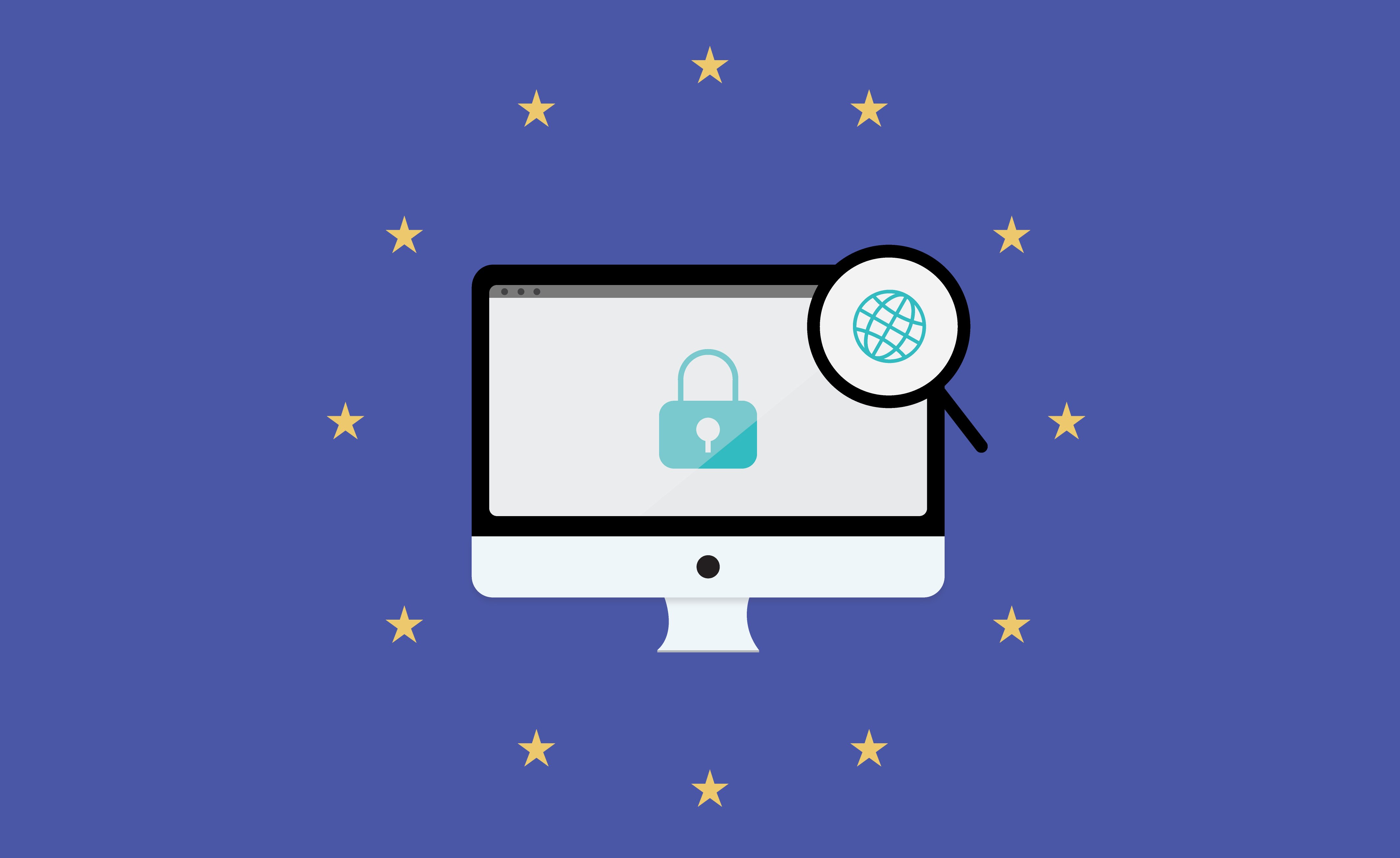By Miva | May 24, 2018

See why top ecommerce brands use Miva’s no-code platform to run
multiple stores, manage massive catalogs, and grow their revenue.
Personal data has become one of the hottest topics in the news, community forums, and tech blogs as the number of data breaches continues to increase. Consumers are demanding heightened security standards and legislation is being enacted to ensure personal data is properly secured.
In an effort to protect citizens and their personal data, the European Union has enacted new legislation called the General Data Protection Regulation. Below we have outlined the basics of GDPR and what it means for your ecommerce business.
The General Data Protection Regulation, GDPR for short, is the legal guidelines for which personal data is collected, used and processed by businesses for citizens within the European Union. In other words, any data your business is storing with a person’s name or ID must meet the new GDPR regulations.
After a two year transition time, this regulation will be enforceable starting Friday, May 25, 2018.
Online businesses that operate or have customers in Europe are now responsible for and must know how and where data is collected and stored as part of these new guidelines.
These new regulations may still impact your business even though you do not physically operate in the EU. More specifically, if you have customers or contacts that live in the EU, then your business must meet the new standards to achieve compliance. Your business could receive a fine (up to the larger amount of 4% of your company’s global revenue or €20 million) should no action be taken to comply with these new personal data regulations.
It’s not too late to create and implement a data protection plan to avoid the risk of being non-compliant with the new regulations. Perhaps the most direct way to get users to opt-in is to create a form on your website or send an email to your user database asking them to opt-in. If you’re going to use a check box, make sure it’s left unticked to give them the choice to opt in.
Read more about the General Data Protection Regulation
Don’t let your business suffer from avoidable non-compliance fines. Start taking the necessary steps to ensure compliance now.

Katy Ellquist, Miva’s Digital Marketing Strategist, is an accomplished writer, marketer, and social media analyst who has created sophisticated content campaigns for a broad range of professional clients. She brings to Miva a complex understanding of ecommerce trends and techniques, building upon extensive digital agency experience and a prior role as direct liaison to Miva’s top accounts. Katy is a regular contributor to the Miva blog, covering essential ecommerce topics like design & development strategy, site optimization, and omnichannel selling, with the goal of increasing the actionable knowledgebase of the entire Miva community.
Love it? Share it!
No worries, download the PDF version now and enjoy your reading later...
Download PDF Miva
Miva
Miva offers a flexible and adaptable ecommerce platform that evolves with businesses and allows them to drive sales, maximize average order value, cut overhead costs, and increase revenue. Miva has been helping businesses realize their ecommerce potential for over 20 years and empowering retail, wholesale, and direct-to-consumer sellers across all industries to transform their business through ecommerce.
Visit Website